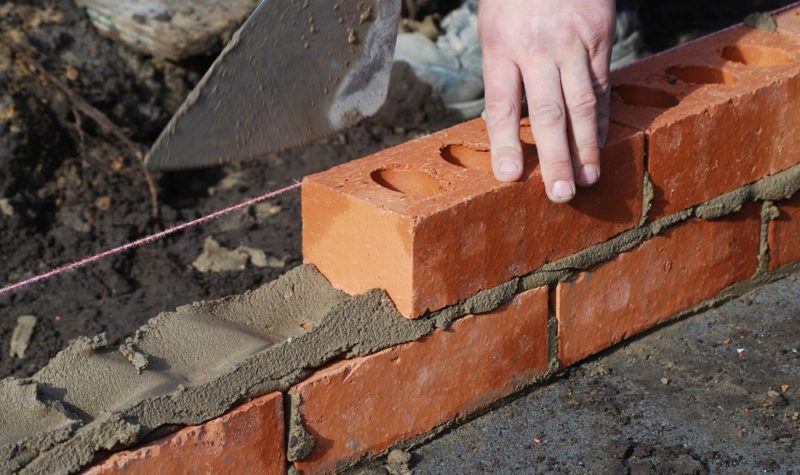3 ways to capitalise on UK housing potential

The housing market has been a profitable place to invest in the last few decades. A fundamental imbalance between supply and demand, as well as a loose monetary policy in recent years, have contributed to a purple patch for the industry.
It has provided an alternative to dividends, bond coupon payments and interest on cash balances for income investors. Although it now faces uncertainty brought about by Brexit, political risks and affordability issues, it could still prove to be a sound investment opportunity in the long run.
Volatility
In the short run, the UK housing market could experience volatility. Houses could become less affordable due to the potential for an interest rate rise. The Bank of England voted 5-3 to maintain interest rates at 0.25% at the recent MPC meeting, and this could signify a gradual tightening in monetary policy. Higher interest rates could make mortgages less affordable.
This comes at a time when CPI is already higher than wage growth. Potential property buyers are therefore seeing their spending power eroded in real terms. Further, with the UK facing the instability associated with a minority government which is engaged in Brexit talks, it would not be a surprise for house prices to continue their decline after a marginal fall since the start of the year.
Growth potential
Despite the potential for volatility in the short run, the long-term outlook for the housing industry remains positive. The supply deficit which has been a feature of the market for decades continues to worsen. Around 143,000 properties were built in 2015. Over the next decade the UK’s population is forecast to rise by around 415,000 per year. Even a major ramp-up in building is unlikely to meet new demand, and the political appetite for change in this area appears to be somewhat limited.
Further, a 0.25% increase in interest rates would still leave them at a relatively low level. This may not severely affect demand for housing, while the general election outcome may make a ‘soft’ Brexit more likely. This could lead to greater confidence in the UK property industry.
Opportunity
With additional stamp duty on buying a second home and the tax benefits of buy-to-let gradually being eroded, buying multiple properties may not be an efficient means of capitalising on the growth potential of the housing market.
Therefore, buying shares in housebuilders such as Persimmon (LON:PSN), Berkeley (LON:BKG) and Taylor Wimpey (LON:TW) could be a sound move. All three companies have improved their balance sheet strength since the financial crisis. They also trade on prospective P/Es of between 7 and 10.4, which suggests they offer margins of safety. Further, with generous dividend payment plans which seem highly affordable even with modest earnings growth, they could provide an income boost as CPI rises.
On this topic, generating an income return which beats inflation is becoming more challenging. That’s why the latest edition of Master Investor magazine includes suggestions on how to go about achieving that aim. Sign-up below to find out more.
Comments (0)